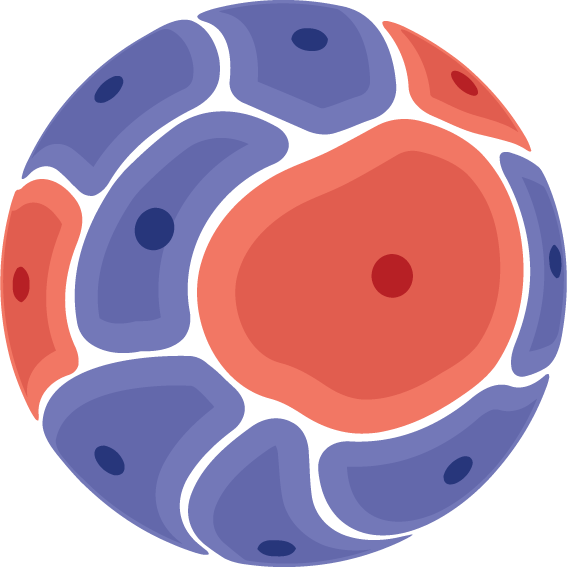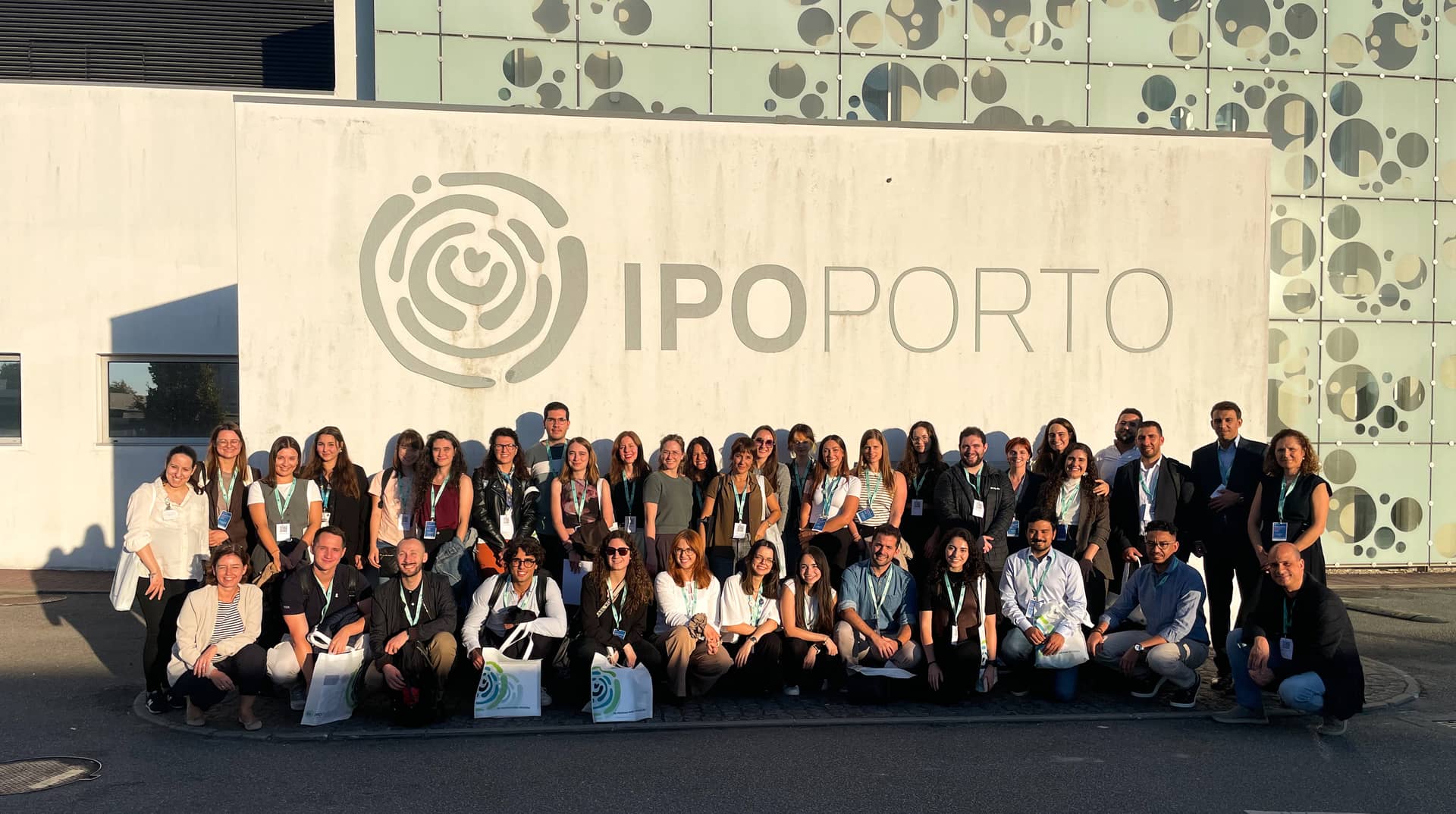The 3rd IMMUNO-model TGRC Workshop, titled “Young Researchers and Innovators on Immunotherapies: The Future is Now”, took place at IPO Porto, Portugal, on 25 September 2025, in a hybrid format. The workshop brought together 61 participants in total, including early-career researchers from 13 countries and international experts, to share the latest advances in immunotherapy and foster scientific collaboration.
The event opened with a welcome from Prof. Carmen Jerónimo, Director of the IPO Porto Research Center, who highlighted the transformative potential of immuno-oncology research for patient care. Dr. Júlio Oliveira, President of the IPO Porto Board of Directors, stressed IPO Porto’s commitment to nurturing young researchers and fostering initiatives that link scientific discovery with clinical application.
The scientific programme featured 12 selected oral presentations and multiple poster contributions, highlighting novel preclinical models and innovative therapeutic strategies, with studies exploring tumor-immune interactions, combination therapies, and mechanisms of response and resistance to immunotherapy.
The meeting also included presentations by distinguished speakers – Elena Hoffer (Alma.me, Sweden), Paula Videira (NOVA FCT, Portugal), Thiago Carvalho (Fellowsherpa SL, Spain), Leticia Oliveira-Ferrer (UKE, Germany), and Eva Martinez-Balibrea (IGTP, Spain) – who emphasized the importance of transversal skills for early-career researchers, including career planning, science communication, grant writing, and fostering international collaborations.
The workshop concluded with a roundtable discussion on career trajectories and motivations, followed by the presentation of awards for the best oral and poster contributions and a networking session that encouraged scientific exchange and fostered collaborations across Europe.
From the perspective of IMMUNO-model, the workshop highlighted the vibrancy and talent of Europe’s young immuno-oncology community. Importantly, it demonstrated how innovative research is translating discoveries into preclinical models capable of studying tumor response and resistance to immunotherapy, while fostering networking and cross-border collaborations that reinforce the pathway from bench to bedside and ultimately aim to improve patient outcomes.

